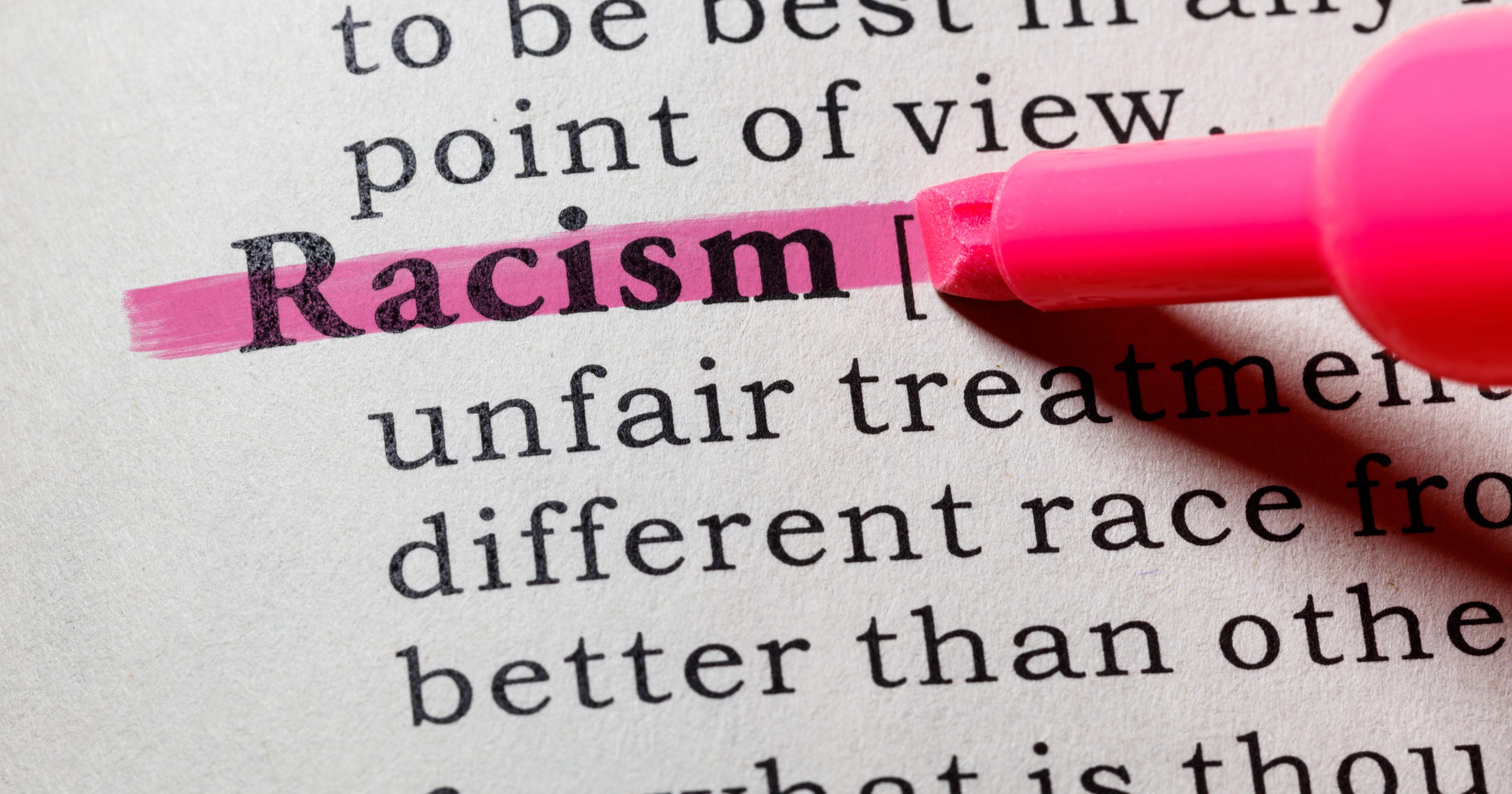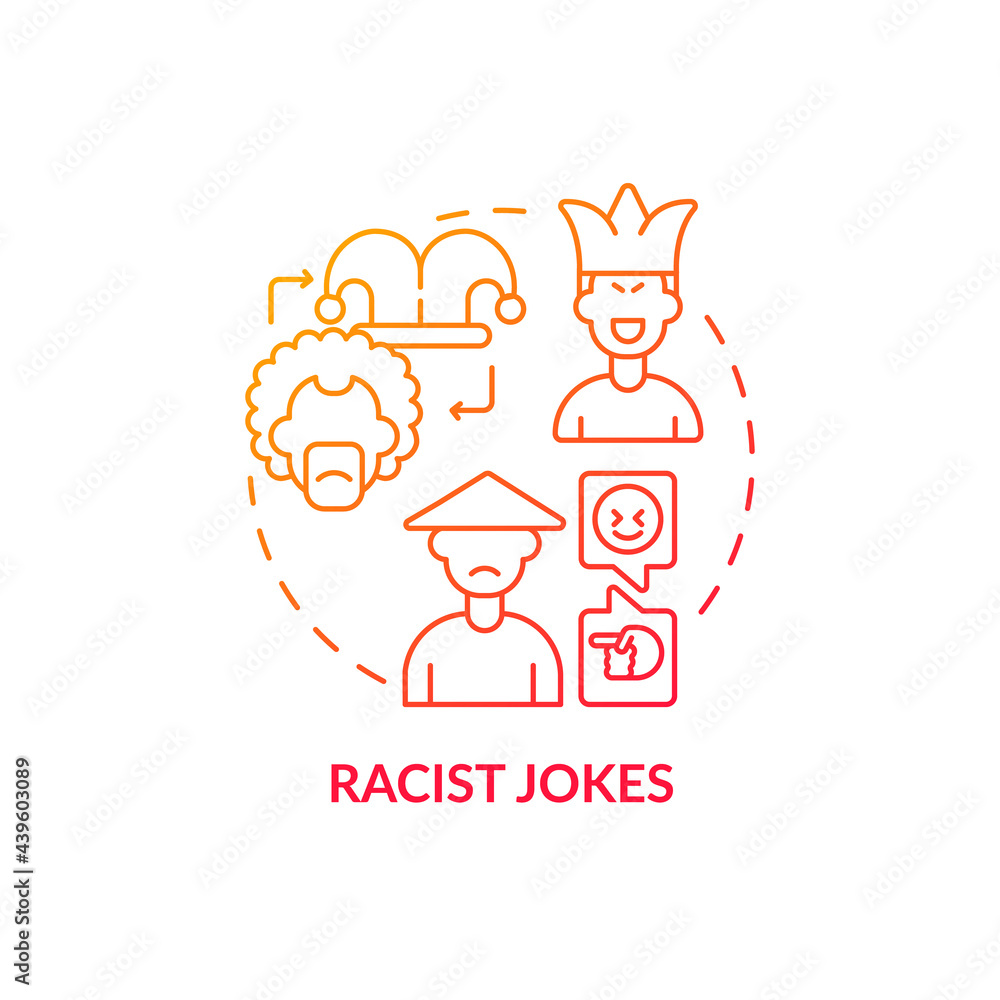Racist jokes list has become a controversial topic that sparks debates worldwide. Many people find humor in cultural differences, but when it crosses the line into racism, it becomes harmful and offensive. It's essential to understand the implications of these jokes and how they affect individuals and communities.
Humor plays a significant role in our daily lives. It brings people together, breaks the ice, and helps us cope with difficult situations. However, when humor is rooted in stereotypes or prejudices, it can perpetuate harmful ideologies and alienate certain groups. In today's increasingly interconnected world, it's crucial to be mindful of the words we use and the jokes we tell.
This article explores the concept of racist jokes, their impact on society, and why avoiding them is essential. We'll delve into the psychology behind humor, examine real-life examples, and discuss alternatives to offensive jokes. By the end of this article, you'll have a better understanding of why racist jokes should be avoided and how to foster a more inclusive environment.
Read also:Josh Heupel Daughter Accident A Comprehensive Look At The Incident And Its Aftermath
Table of Contents
- What Are Racist Jokes?
- The Psychology of Humor
- Examples of Racist Jokes
- Impact on Society
- Legal and Ethical Considerations
- Why Should You Avoid Racist Jokes?
- Alternatives to Offensive Humor
- How to Address Racist Jokes
- Historical Perspective on Racist Humor
- Conclusion
What Are Racist Jokes?
Racist jokes are jokes that rely on racial stereotypes, prejudices, or discriminatory attitudes to create humor. These jokes often target specific ethnic groups, nationalities, or cultures, perpetuating harmful generalizations about them. While some people may find these jokes amusing, they can be deeply hurtful and offensive to others.
It's important to recognize that humor is subjective, and what one person finds funny, another may find offensive. Racist jokes often stem from ignorance, lack of empathy, or a desire to provoke reactions. They can contribute to a culture of intolerance and division, making it essential to approach humor with sensitivity and awareness.
The Psychology of Humor
Why Do People Laugh at Racist Jokes?
The psychology behind humor is complex. People laugh for various reasons, including relief, recognition, or a desire to fit in with a group. Racist jokes often exploit these psychological mechanisms, creating laughter by reinforcing stereotypes or mocking marginalized groups. Understanding why people laugh at offensive jokes can help us address the root causes of this behavior.
- Relief Theory: Laughter can serve as a release for pent-up emotions or tension.
- Superiority Theory: Some people laugh at the misfortune or perceived inferiority of others.
- Incongruity Theory: Humor arises from unexpected or contradictory situations.
Examples of Racist Jokes
While it's important to avoid sharing offensive jokes, examining examples can help illustrate the harm they cause. Below are a few examples of racist jokes and why they are problematic:
- Example 1: Jokes about African Americans being lazy perpetuate stereotypes about work ethic.
- Example 2: Jokes about Asians being good at math reinforce harmful generalizations about intelligence.
- Example 3: Jokes about Latinos being undocumented immigrants contribute to xenophobic attitudes.
These examples highlight how racist jokes can perpetuate harmful ideologies and reinforce systemic inequalities.
Impact on Society
Short-Term Effects
Racist jokes can have immediate negative effects on individuals and communities. They can cause emotional distress, lower self-esteem, and create a hostile environment. Victims of racist humor may feel isolated, disrespected, or unsafe, leading to mental health issues such as anxiety or depression.
Read also:Exploring The Impact Of Sites Gore A Comprehensive Guide
Long-Term Effects
Over time, the cumulative impact of racist jokes can contribute to societal divisions and systemic discrimination. They normalize harmful stereotypes, making it easier for people to justify prejudiced attitudes and behaviors. This can lead to increased racism, discrimination, and social unrest.
Legal and Ethical Considerations
While freedom of speech is a fundamental right, it comes with responsibilities. In many countries, laws exist to protect individuals from hate speech and discriminatory behavior. Telling racist jokes in certain contexts, such as the workplace or public forums, can result in legal consequences, including lawsuits or disciplinary actions.
From an ethical standpoint, avoiding racist jokes is a matter of respect and empathy. Treating others with dignity and understanding their perspectives is essential for building inclusive and harmonious societies.
Why Should You Avoid Racist Jokes?
Avoiding racist jokes is not only a matter of politeness but also a moral obligation. Here are a few reasons why:
- Respect: Respecting others' identities and experiences fosters trust and understanding.
- Empathy: Putting yourself in someone else's shoes helps you recognize the harm caused by offensive humor.
- Unity: Promoting inclusivity and diversity strengthens communities and reduces divisions.
By avoiding racist jokes, you contribute to a more respectful and harmonious society.
Alternatives to Offensive Humor
Positive Humor
Humor doesn't have to rely on stereotypes or prejudices to be funny. Positive humor focuses on shared experiences, wit, and creativity, bringing people together instead of dividing them. Consider the following alternatives:
- Self-Deprecating Humor: Laughing at yourself can be a powerful way to connect with others.
- Situation-Based Humor: Finding humor in everyday situations can be universally relatable.
- Wordplay and Puns: Clever wordplay can be both clever and inoffensive.
How to Address Racist Jokes
If you encounter someone telling racist jokes, it's important to address the issue constructively. Here are a few strategies:
- Confrontation: Politely explain why the joke is offensive and how it affects others.
- Education: Provide information about the harm caused by racist humor and its impact on marginalized groups.
- Redirecting: Suggest alternative forms of humor that are more inclusive and respectful.
By addressing racist jokes in a thoughtful manner, you can help promote a culture of understanding and respect.
Historical Perspective on Racist Humor
Racist humor has a long and troubling history. In the past, it was often used to justify discriminatory policies and reinforce social hierarchies. Minstrel shows, caricatures, and derogatory cartoons were common forms of entertainment that perpetuated harmful stereotypes. While society has made progress in addressing these issues, remnants of racist humor still exist today, making it essential to remain vigilant.
By learning from history, we can work toward a future where humor is a force for good rather than harm.
Conclusion
Racist jokes list may seem harmless to some, but their impact on individuals and society is profound. By understanding the psychology behind humor, recognizing the harm caused by offensive jokes, and promoting positive alternatives, we can foster a more inclusive and respectful environment. Avoiding racist jokes is not only a moral obligation but also a practical step toward building stronger communities.
We invite you to share your thoughts in the comments section below and explore other articles on our site that address important social issues. Together, we can create a world where humor unites rather than divides.
Data source: Psychology Today, American Psychological Association

